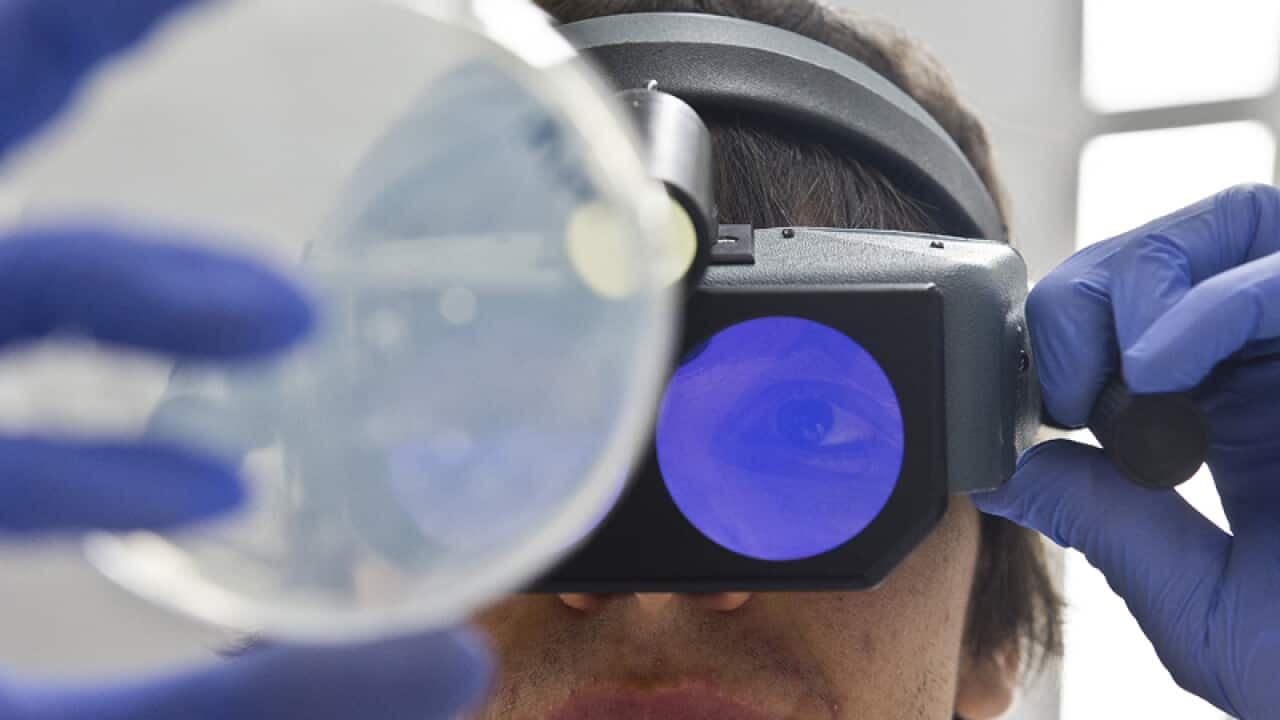New antibiotics need to be developed urgently to combat 12 families of bacteria, the World Health Organization says, describing these "priority pathogens" as the greatest threats to human health.
The United National health agency said many of these bacteria have already evolved into deadly superbugs that are resistant to many antibiotics.
The bugs "have built-in abilities to find new ways to resist treatment" the WHO said, and can also pass on genetic material that allows other bacteria to become drug-resistant.
Governments need to invest in research and development (R&D)if new drugs are to be found in time, because market forces cannot be relied upon to boost the funds needed to fight the bugs, it said.
"Antibiotic resistance is growing, and we are fast running out of treatment options," the WHO's assistant director-general for health systems and innovation, Marie-Paule Kieny, said.
"If we leave it to market forces alone, the new antibiotics we most urgently need are not going to be developed in time."
In recent decades, drug-resistant bacteria, such as Staphylococcus aureus (MRSA) or Clostridium difficile, have become a global health threat, while superbug strains of infections such as tuberculosis and gonorrhoea are now untreatable.
The WHO has previously warned that many antibiotics could become totally redundant this century, leaving patients exposed to deadly infections and threatening the future of medicine.
The "priority pathogens" list published by the WHO on Monday has three rankings - critical, high and medium - according to how urgently new antibiotics are needed.
The critical group includes multidrug-resistant bacteria that pose a particular threat in hospitals, nursing homes, and other care facilities. These include Acinetobacter, Pseudomonas and various Enterobacteriaceae that can cause severe and often deadly infections such as pneumonia and septicaemia.
The second and third tiers contain other increasingly drug-resistant bacteria that cause more common diseases such as gonorrhoea and food poisoning caused by salmonella.
The WHO said the list is intended to spur governments to put in place policies that incentivise basic and advanced R&D.
Share



